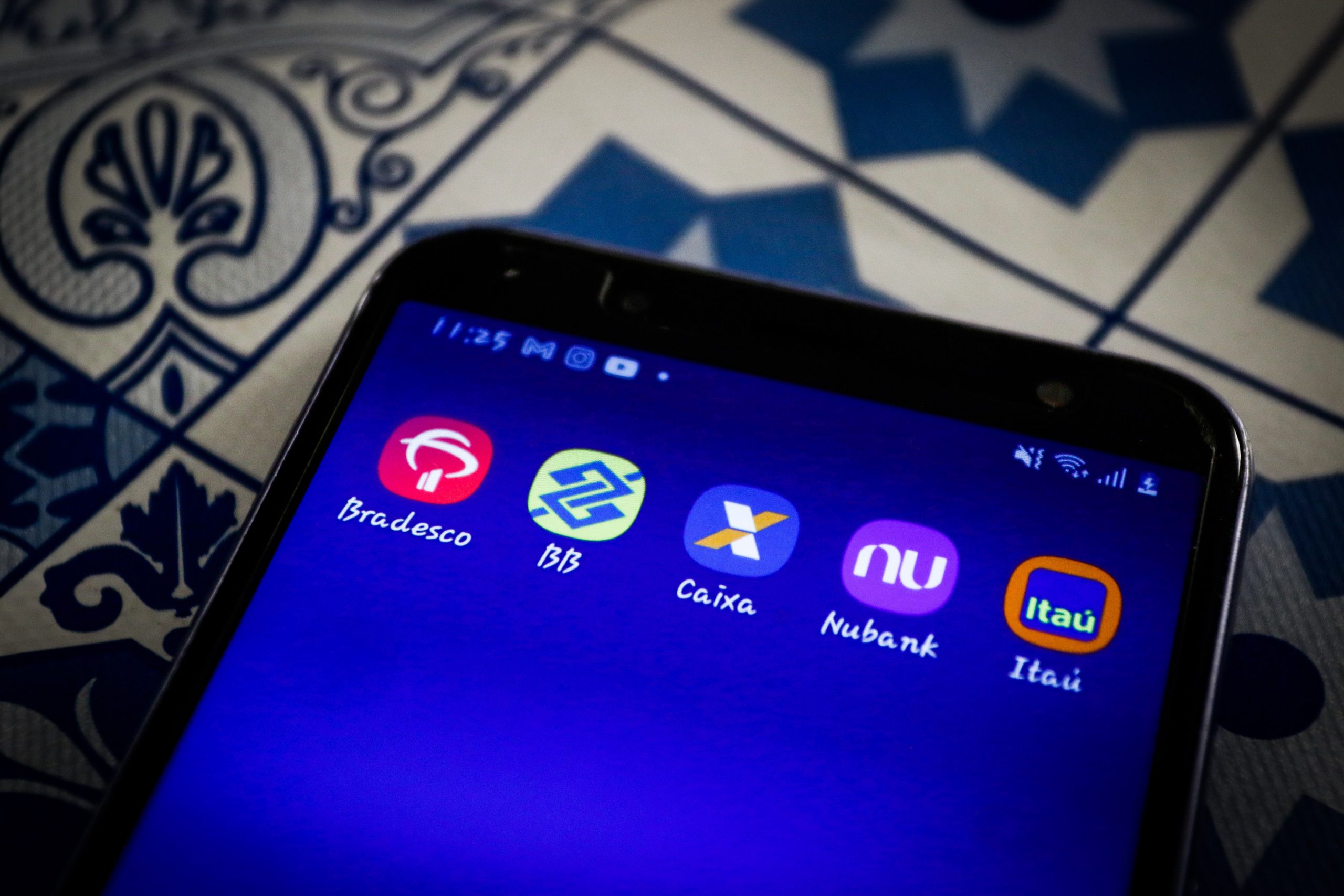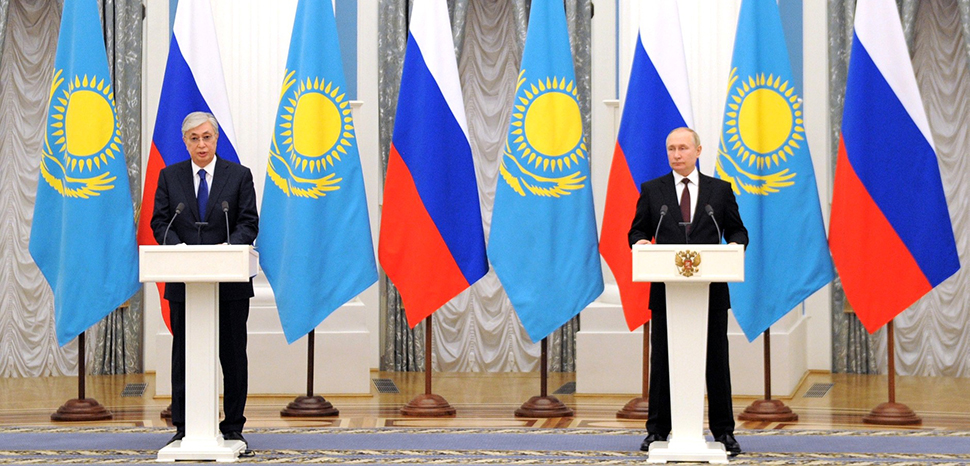[ad_1]
Three men have dominated the political landscape of Ivory Coast since the exit of Félix Houphouët-Boigny, the man widely regarded as the “Father of the Nation” and its first president from independence in 1960 to his death in 1993.
Today, July 14, when all three, President Alassane Ouattara, 80, and his immediate predecessors Laurent Gbagbo, 77, and Henri Konan Bédié, 88, meet for the first time in 12 years, it could very well define the next chapter in Ivorian politics.
Their last meeting, as captured by a picture of the trio, was in June 2010. Five months later, a civil war began that left 3,000 men, women and children dead in 134 days. Since then, the relationship between the trio has been effervescent, if not volatile, with shifting alliances.
Little wonder then, that this is a meeting whose outcome is eagerly anticipated across the country and in West Africa where Ivory Coast is seen as relatively stable, despite experiencing two civil wars in the last 20 years. In their own way, these three men are key actors in that violent past.
Here’s how that came to be.
A rollercoaster ride
In 1990, Houphouët-Boigny recruited Alassane Ouattara from the International Monetary Fund (IMF) to become the country’s first prime minister and help clean up its finances. This was after the prices of cocoa, the country’s premier export, crashed dramatically in the 1980s and crippled the economy.
Ouattara’s free market ideology brought in economic reforms but also rising levels of poverty, the result of the removal of state subsidies on consumer goods and historically low producer prices for millions of cocoa farmers.
Houphouët-Boigny also handpicked career diplomat and bureaucrat Henri Konan Bédié to be his designated successor. Bédié assumed the interim presidency in 1993 after winning a power struggle with Ouattara when their mentor died in office.
The former was also elected president of the ruling party (PDCI, Parti Démocratique de Côte d’Ivoire) the following year, and then went on to instrumentalise the most corrosive political concept in Ivorian history: Ivoirité.
Ivoirité was believed to be a ruse designed to keep Ouattara from running for president in 1995 and has left an enduring legacy in the country. The claim was that nobody who could not prove being of full Ivorian descent could ever be president. More than one-third of the people living in Ivory Coast, Francophone Africa’s most successful economy, are from elsewhere.
Ouattara’s ancestry is from Kong, a town destroyed by the great warrior Samori Touré in the late 19th century for its strategic alliance with France. The town eventually became part of the French colony of Upper Volta (now Burkina Faso) and then again Ivory Coast, as the colonisers kept moving the border between both territories. And so it was that Ouattara, deemed to be of Burkinabè extraction, was excluded from the 1995 elections.
Meanwhile, left-leaning historian Laurent Gbagbo ran against Houphouët-Boigny, who was seeking a fifth term in 1990 – the first opposition candidate to be allowed to do so after the introduction of multi-party politics. He lost heavily, organised anti-government protests and was jailed together with his then-wife Simone Ehivet, on the orders of Ouattara the premier. He was released later that year.
In 1995, Bédié won the presidency by virtue of Gbagbo not participating in the poll and Ouattara not being allowed to.
On Christmas Eve 1999, Bédié was removed in the country’s first-ever coup and after a short transition, presidential elections were held in October 2000.
A new constitution confirmed the xenophobic “Ivoirité” as the law of the land and Ouattara found himself excluded again. Bédié was unable to contest so Gbagbo easily won the contest and ruled for the next 10 years, the last five by decree.
His policies were a mix of efforts to make Ivorian society more equitable and a hardening of community-based identity politics, despite his socialist credentials. The ire of his followers was directed at the millions of inhabitants from neighbouring states (particularly Burkina Faso and Mali) who have made Ivory Coast their home, against anyone from the north (typically Ouattara’s electoral base) and against former colonial power, France, which still has considerable economic clout in the country.
On September 19, 2002, an army mutiny quickly morphed into a failed coup d’état and then a civil war, which occupied more than half of the country in record time. Neighbouring Burkina Faso acted as a conduit for contraband with which the rebels financed themselves and their weapons, further cementing xenophobic sentiment in the rest of the country.
The situation remained the same for almost a decade while numerous political and diplomatic efforts were made to get out of the impasse. France sent troops to keep the two sides apart.
Until 2010, the year the photograph of the trio was taken, there was neither fully war nor peace.
But finally, the first truly free and fair presidential elections since independence were held that year. Fourteen candidates took part but all eyes were on the incumbent Gbagbo, his main political adversary Ouattara – mostly in exile in France since a mob attack on him and his wife Dominique in September 2002 – and on Bédié, who wanted a return to the presidency after his 1999 removal.
Hopes were high they would get it right, under guidance from a United Nations peacekeeping mission, brought in to end the Ivorian crisis in 2004. But the peacekeeping mission was extremely limited; the pro-(Gbagbo) government camp regarded the force as colonial occupiers sent by France and the rebel side saw them as a superfluous nuisance.
The Gbagbo camp refused to recognise the election results that indicated Ouattara had won in the second round, with the political support of Bédié. That plunged the country into a three-and-a-half month civil war, which ended with rebel forces entering the economic capital Abidjan and seizing Gbagbo. They committed terrible war crimes during their advance, most notably the massacre of hundreds of civilians in the small town of Duékoué – crimes which remain unpunished.
Ouattara was installed as president and by 2015, was re-elected (again with the help of Bédié) while Gbagbo was sent to the International Criminal Court in The Hague. He was acquitted of all charges related to the post-electoral crisis in 2019, returned to Ivory Coast and started a new political movement.
Continuing his free-market policies of old, Ouattara managed to get the country back on its feet economically but inequalities exploded, an issue he was unwilling to address. Meanwhile, he pushed through a change in the constitution allowing him an extremely controversial third term in 2020 – after the death in office of Prime Minister Amadou Gon Coulibaly, his preferred successor.
It was an election that Bédié, who felt that the terms of his 2015 electoral pact with Ouattara were betrayed, boycotted.
Violent clashes between followers on both sides in the run-up to the election left at least 80 people dead, an echo of the 2010 post-electoral crisis. The violence took on extremely worrying communal overtones, with calls for the “Dioulas” (northerners) to be removed or killed, since they had taken over the country under Ouattara’s writ.
‘Time for these gerontocrats to make way’
According to the government, Thursday’s meeting will be held to foster national reconciliation.
Observers say Gbagbo and Bédié will likely table the issue of their imprisoned followers, individuals the government considers lawbreakers for varying roles in the 2020 post-electoral violence.
But there will also be local and regional polls in 2023 and a presidential contest – in which all three may still take part – in 2025. Gbagbo is likely to insist on a more impartial electoral commission, having been disqualified from contesting the 2020 elections.
While the meeting is seen by some members of the public as being largely symbolic and not truly reconciliatory, if the bigwigs are seen to be working in some kind of harmony, their followers are likely to fall into line.
Others like prominent Ivorian political commentator André Silver Konan say Bédié, Ouattara and Gbagbo have nothing new to offer the country and want all three men removed from the political stage.
“They have left their mark [and] we know what we can expect of them,” he said. “But even more importantly, two-thirds of the population in Côte d’Ivoire is under 35. It is time for these gerontocrats to make way for a new generation that will reflect more accurately the composition of this nation’s population and hopefully grab the chance to do better.”
[ad_2]
Source link












